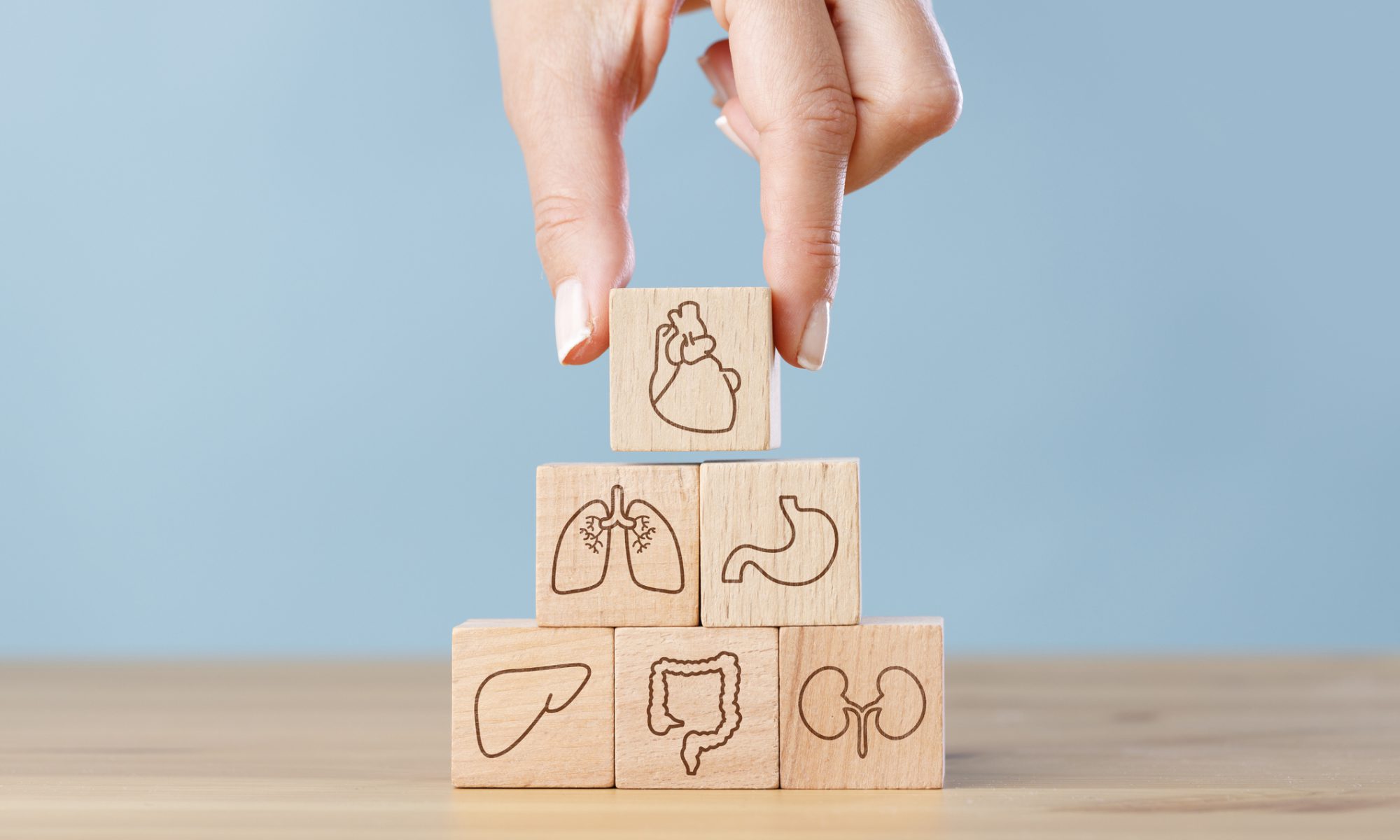Loading
What is going on?
Medicare coverage for post-transplant tests, such as CareDx’s AlloMap and AlloSure, is being reviewed. The transplant community now has the opportunity to share comments and letters on the importance of these tests and how restricting access to these tests could negatively impact patients and their post-transplant health.
Why does this matter to you?
AlloMap and AlloSure help detect issues, such as rejection, with transplants earlier than traditional testing, while also helping patients avoid invasive procedures like biopsies. These tests have been trusted by the transplant community for over 15 years for heart transplant recipients, over 5 years in kidney transplant recipients, and over 2 years in lung transplant recipients.
New proposed coverage for these tests is more restrictive. If these new restrictions are put in place, it could limit access to these important tests. This could prevent your care team from being able to order these blood tests to check on how your transplant is doing when they think it is needed.
How can you help?
The patient voice is powerful and deserves to be heard on this important issue! From now until September 23, 2023, you can send a comment or letter to the groups making these decisions, voicing your perspective on the importance of these tests and need for continued access.
While doing so in your own words is best, we have created the below prompts to help. To start your letter, select at least one of the prompts below that feels best for you and answer it in your own words. Be sure to include what kind of transplant you have had, a little bit about your own transplant story, and how non-invasive tests like AlloSure or AlloMap have impacted your post-transplant care.
Click here to learn more and start your letter!
Loading






